detail profile tuncay ak c3 a7a
Peran Yang Di Mainkan Tuncay Akça
 Hayri and Orhan are two music...
Hayri and Orhan are two music...Where's Firuze? 2004
Hayri and Orhan are two music producers head over heels in debt. In an attempt to find the next big thing to turn the business around, they contact Ferhat, a gastarbeiter in Germany, and desperately bring him to Istanbul to sign him. As they are struggling to find the necessary funds to promote Ferhat's debut album, a mysterious rich woman named Firuze shows up and starts supporting them. The future now seems bright, but things are not always what they seem...
 The film is based on Fikrimin...
The film is based on Fikrimin...The Yellow Mercedes 1993
The film is based on 'Fikrimin Ince Gulu', a novel by Adalet Agaoglu, which depicts a first generation gurbetci/guest-worker returning home. It covers his land journey in short bursts from Germany to the Turkey's west border - and extensively from thereon to his village close to Ankara - capital of Turkey. He begins his journey purchasing a second hand yellow Mercedes - possibly his first car - using his meager savings working as a laborer. Offering deep insight into the mind of a manual laborer Bayram (Ilyas Salman) making his first trip back home, resorting to flashbacks in highlighting Bayram's motivation and experiences from his childhood right up to the events leading to his first departure from Turkey to Germany.
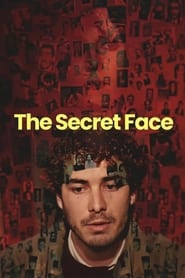 A woman is searching for a...
A woman is searching for a...The Secret Face 1991
A woman is searching for a face in photographs taken by a photographer. The face she hopes to meet one day belongs to a watch repairman, but the shop has long since closed.
 Eser who wants to talk to...
Eser who wants to talk to...Ada 1988
Eser, who wants to talk to her husband while making a decision about the future of her daughter, decides to go to the island for this. On this occasion, a great reckoning begins between the couple, who come together again years later.
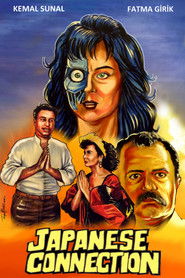 Veysel loves a singer named Basak...
Veysel loves a singer named Basak...Japon İşi 1987
Veysel loves a singer named Basak. But she doesn’t love him back. One day Veysel saves the life of a Japanese tourist. Later, the tourist sends a gift to Veysel from Japan. The gift is a robot that looks exactly like the singer he loves, Basak.
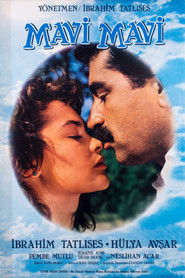 A poor bus drive falls in...
A poor bus drive falls in...Mavi Mavi 1985
A poor bus drive falls in love with a rich but the customs of his world forces him otherwise.
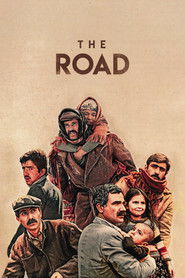 When five Kurdish prisoners are granted...
When five Kurdish prisoners are granted...The Road 1982
When five Kurdish prisoners are granted one week's home leave, they find to their dismay that they face continued oppression outside of prison from their families, the culture, and the government.

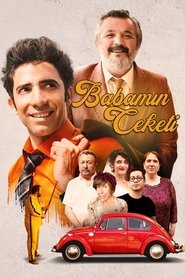 Facing pressure to marry immediately an...
Facing pressure to marry immediately an... Days before Eid a salesman fired...
Days before Eid a salesman fired...

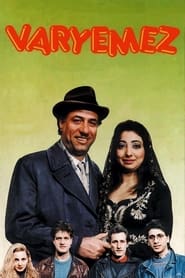
 After receiving a letter from a...
After receiving a letter from a... A civil servant in a small...
A civil servant in a small... A family man driven to the...
A family man driven to the... A group of women in a...
A group of women in a...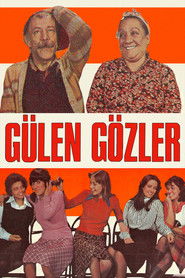 A couple who dreamed of having...
A couple who dreamed of having...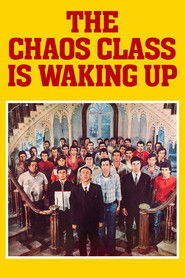 A sincere and hardworking student joins...
A sincere and hardworking student joins...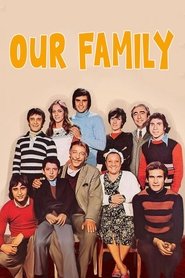 A love story between a poor...
A love story between a poor...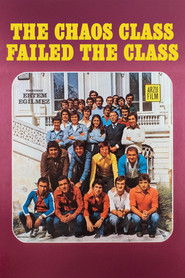 A young and beautiful female teacher...
A young and beautiful female teacher...